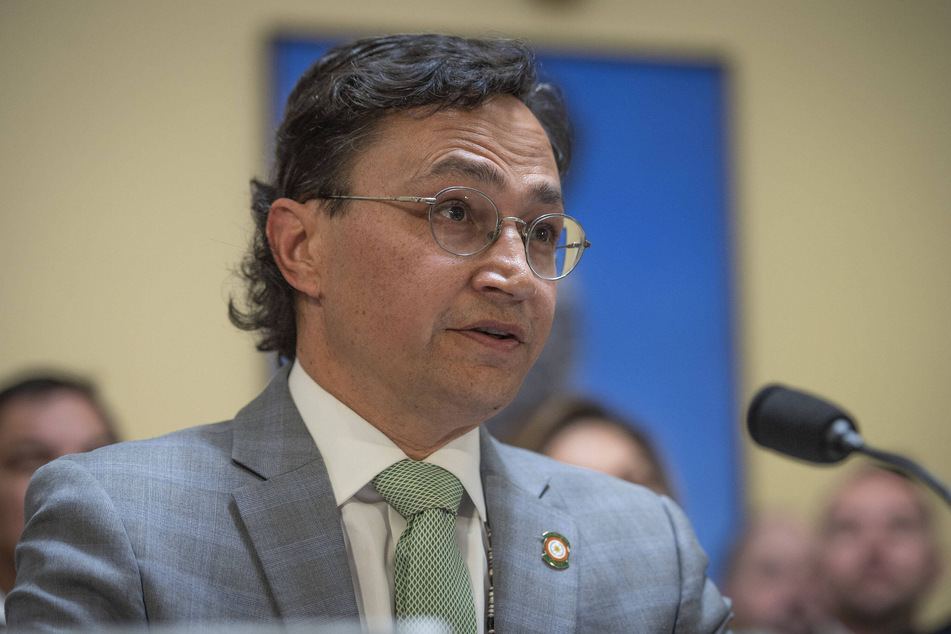Cherokee Nation seeks changes to federal law that discriminates against Black tribal citizens
Washington DC - The Cherokee Nation is seeking to change a federal law that controls criminal jurisdiction of tribal citizens based on "blood quantum" – a rule which discriminates against Black members.

The Cherokee Nation is pursuing changes to the federal Major Crimes Act, passed in 1885, in order to guarantee equal rights for all tribal members, including Black descendants of Freedmen.
The US law is interpreted to apply only to those tribal members with "Indian blood" – leaving out Freedmen, descendants of Black people enslaved by Cherokees and later guaranteed equal tribal belonging.
This means Black Cherokees today may be tried in state court rather than tribal courts for criminal cases that occur on tribal lands.
The Cherokee Nation is now seeking to reverse the "blood quantum" provision as it grapples with its legacy of anti-Black discrimination, which took place amid the US government-sanctioned genocide of Indigenous Peoples.
"It's about the United States respecting tribal sovereignty and, frankly, catching up with the Cherokee Nation in terms of equality for all of our citizens, including Cherokee citizens of Freedmen descent," Cherokee Nation Principal Chief Chuck Hoskin Jr. told Axios.
Cherokee Nation confronts legacy of anti-Black discrimination
The 1866 Cherokee treaty with the US government held that Freedmen have "all the rights of native Cherokees."
The Cherokee Nation Supreme Court in 2021 affirmed the citizenship rights of Freedmen and their descendants. The tribe subsequently amended its Constitution to include Freedmen.
The Cherokee Nation's approach to its history of enslavement is markedly different from that of the Muscogee Creek Nation, where a historic citizenship rights case remains tied up in the tribal legal system.
Cover photo: IMAGO / Cover-Images
